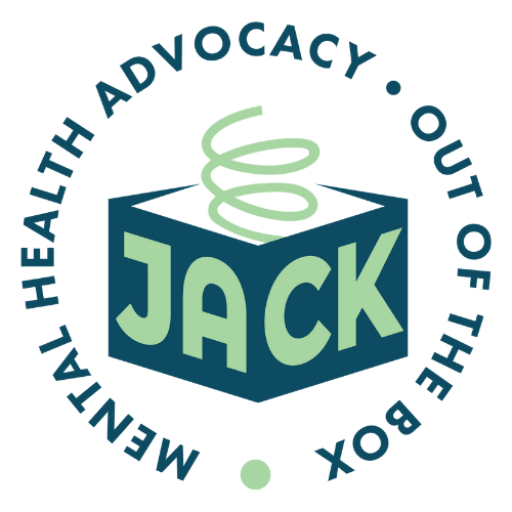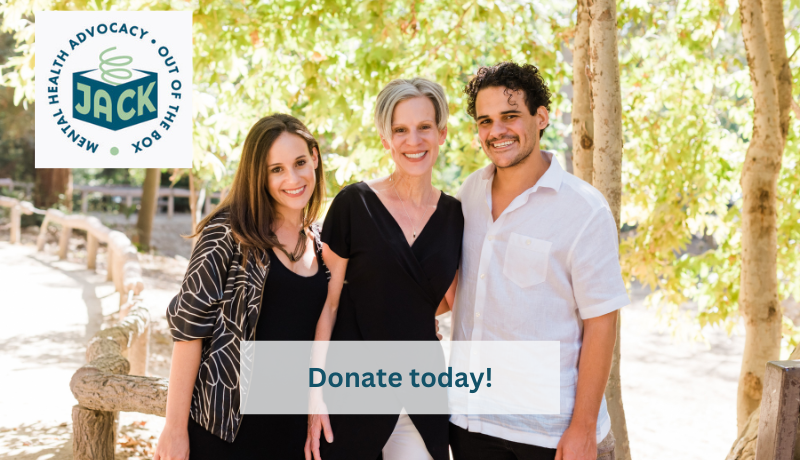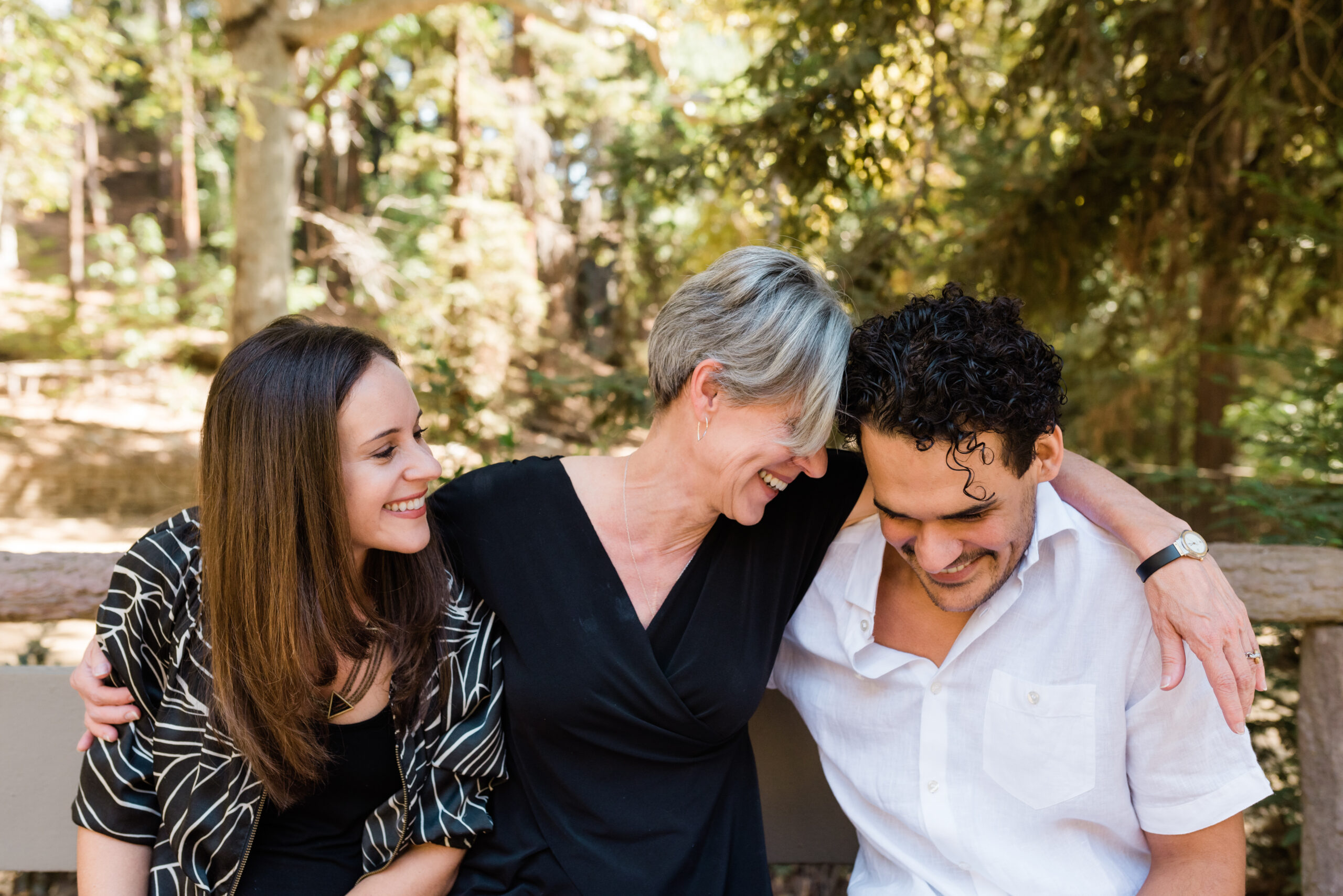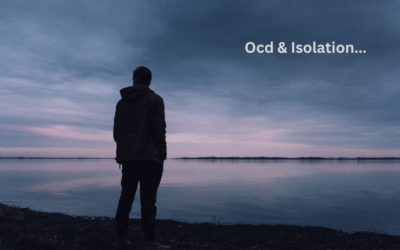Building a life we want to recover is essential in treatment and recovery!
We do the hard work. We show up. And we do the excruciating tasks of exposing ourselves over and over (and over). We muster every bit of strength and grit that we have to resist doing the compulsions that bring us even the slightest bit of comfort. Yet, day in and day out, we do this in hopes of a better life and a future living out our values.
Building a Life in OCD Recovery
As OCD digs its claws into our lives and penetrates sector after sector, it co-ops our existence. Eventually, we no longer know who we are and what kind of life we want. Our relationships with family, friends and the world suffer due to the illness pulling us away from the things we once cared so dearly about.
Then we go to treatment. We work hard to get a handle on our OCD and to move closer to our desired life. But therapy can also require us to pull out of our lives. We have to devote our time and energy to slaying the monster that is OCD—pulling it apart fiber by painstaking fiber. Sometimes treatment takes us out of our jobs and school or even requires us to move temporarily from our homes. Even this can increase the distance we experience from who we are, what we once cared about, and the life we want to build.
This is why building alife we want to recover is essential in treatment and recovery. We benefit significantly from laboring at defeating OCD, but we also benefit from simultaneously and stubbornly committing ourselves to our dreams and living out our values. But how do we do this?
We are committed to building healthy relationships.
First, building and maintaining connections to the community is imperative.
Having meaningful friendships, family relationships, and ties in the community can keep us linked to life outside of OCD and treatment, which can enhance our ability to stand up to OCD. We also need to be committed to building healthy relationships. This includes holding boundaries in relationships that don’t support recovery and treatment. We remember the “why” of our fight when we stay connected to the people and relationships that bring significance, support, and depth to our lives.
Secondly, engaging in passions and interests connects us to our values and dreams.
Having outlets outside of OCD and treatment is helpful in diffusing and expressing challenging emotions. Building skills and interests pull us further away from the illness. Taking classes, engaging in hobbies, and doing physical activities are all ways to build relationships outside of the illness. Focus on art, movement, writing, crafts, education, or vocational training. Building identity outside of OCD and treatment is helpful to shore up recovery.
Spirituality is a strong predictor of recovery.
Thirdly, finding or reconnecting with a spiritual or religious practice can bring deep value to our lives.
Spirituality is one of the strongest predictors of recovery from mental health problems. Spirituality can enhance the meaning of recovery and provide grounding and strength in recovery. Similarly, connecting with a spiritual practice can enable us to communicate with a spiritual community. One caveat we must be aware of is how OCD can hijack spirituality and religious practices to be used compulsively. You must connect with an OCD therapist to explore this if you notice any warning signs of compulsive prayer, compulsive recitation of verses or phrases, or obsessive meditation.
Sometimes when we stay connected to the things that matter most to us, it makes it possible for us to do something that seems unmanageable. It can also motivate us to do the next right thing. To take the next challenging step away from OCD and into our best lives.









